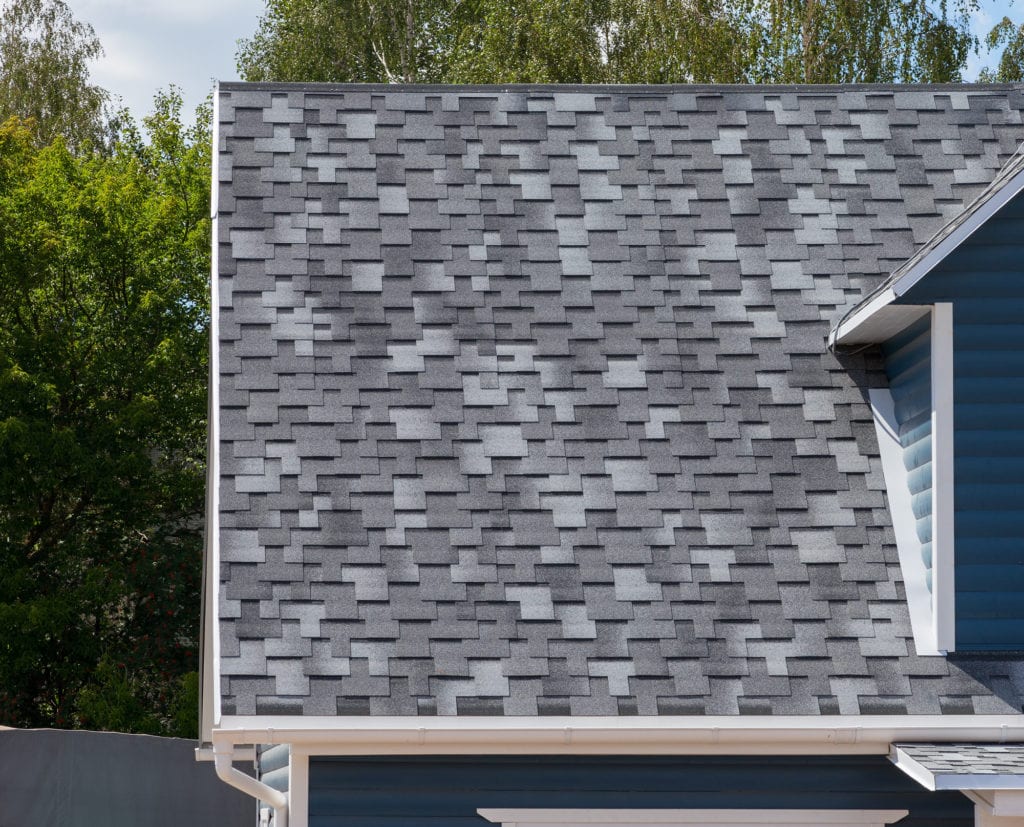

Do you have an upcoming roofing job? It’s easy to get overwhelmed with all that goes into it. Rest assured, we’ve got you covered to handle everything.
When thinking of roofing jobs, you’ll want to take note of which roofing nails you’ll need. How do you decide? A lot of it has to do with the type of roof you choose and where you live.
Plenty of factors will go into what you choose. If you’re unsure of where to start, read our guide below.
Below, we’ll cover aluminum, stainless steel, galvanized steel, and copper. Some are stronger than others and more resistant to the elements.
Aluminum nails are the best roofing nails for metal roofing. Use them in areas that are not prone to salt exposure. Corrosion and chemical damage is common with aluminum nails as well.
Stainless steel nails are a great choice for roofers due to them being inexpensive. They are less corrosive and a top choice when salt is in the air.
If you’re working with slate or ceramic, stainless steel is some of the best roofing nails to use. This is due to their strong nature. Stainless steel is a solid option but aluminum or galvanized steel has them beat.
These kinds of roofing nails are great for coastal roof replacement especially.
You will appreciate the kinds of roofing nails and their zinc exterior. Galvanized steel roofing nails have both aluminum and stainless steel beat in the strong category.
With that said, the shingles often hide the roofing nails anyways. The aesthetics of the roof won’t be detracted by steel nails at all.
When roofing stapes are appropriate, so are smooth shanks. Use them when working in areas sans inclement weather. Asphalt roofs are known to have these types of roofing nails.
They also go by annular or corrugated roofing nails.
You won’t want to use square caps for asphalt shingles but rather felt underlayment.
The good thing is we are the professionals to help you. Why not get a quote today?
You’ll be glad you did and we are looking forward to hearing from you.